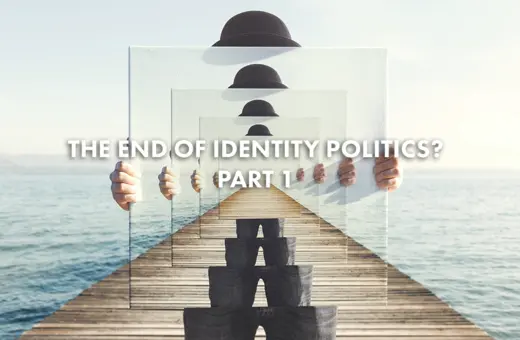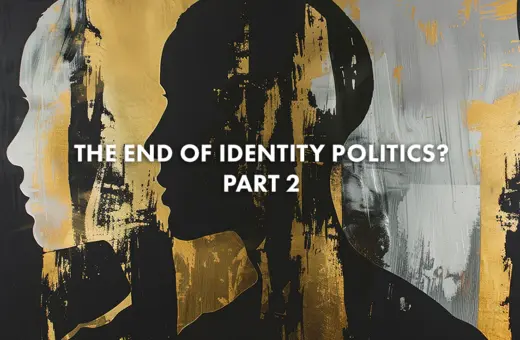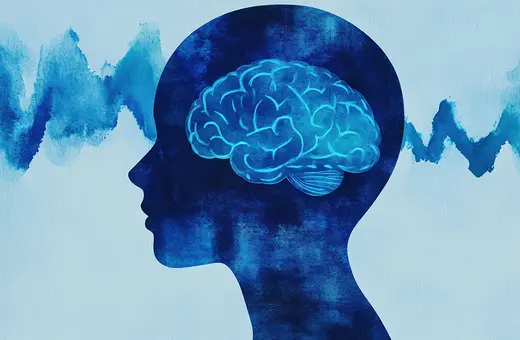Most of us find the idea of a pluralist society, made of diverse groups and interests that treat each other as equals an alluring ideal. At the same time, our postmodern world has created the ideal of cultural equality, rejecting elite authority figures and traditional hierarchies as the arbiters of cultural value. But these ideals of equality are not what they seem. In our technological civilization, cultural equality, rather than liberation from authority ends up producing bureaucratic uniformity, and pluralism, rather than promoting equality between diverse groups, creates an endless competition for power that results in huge inequalities, argues Richard Stivers.
When faced with a bleak reality we invariably prefer illusion. Cultural equality and plural equality have been advocated in the West since the eighteenth century. Their idealization is our illusion. A deeper examination reveals that cultural equality is a necessary companion to a technological uniformity, which is both undesired and unrecognized, and that plural equality creates an endless competition for power that leaves equality unobtainable. The reality of equality is the inverse of our illusion.
Cultural Equality and Uniformity
A technological civilization is one in which technology is the dominant force in the organization of society. Modern technology, as Max Weber understood it over a century ago, includes both material and non-material technologies. The latter include psychological and organizational techniques, such as advertising and bureaucracy (which he termed a machine). Modern technology represents the most efficient and powerful means of action. In replacing culture as the chief organizing principle of modern societies, technology fragments culture and makes it compensatory for our loss of freedom over against technology. Jacques Ellul observes that in a technological civilization everything becomes an imitation of technology or a compensation for its impact or both. Modern societies operate according to a technological logic, organizing society and disorganizing culture. The only true conformity today is conformity to technology, to its rules of use and its almost total control over how we interact with each other and with our environment. This is why we can permit almost any moral attitude, any form of art, any interpretation, any view of truth, for they make no difference in the operation of a technological system. In other words, cultural standards, the criteria by which we can evaluate a cultural product, have disappeared in our postmodern world.
___
With cultural equality there is neither a hierarchy of values, nor any authorities. For some the absence of cultural order is an earmark of freedom—with no authority, everything is permissible. But this turns out to be a false freedom
___





















Join the conversation